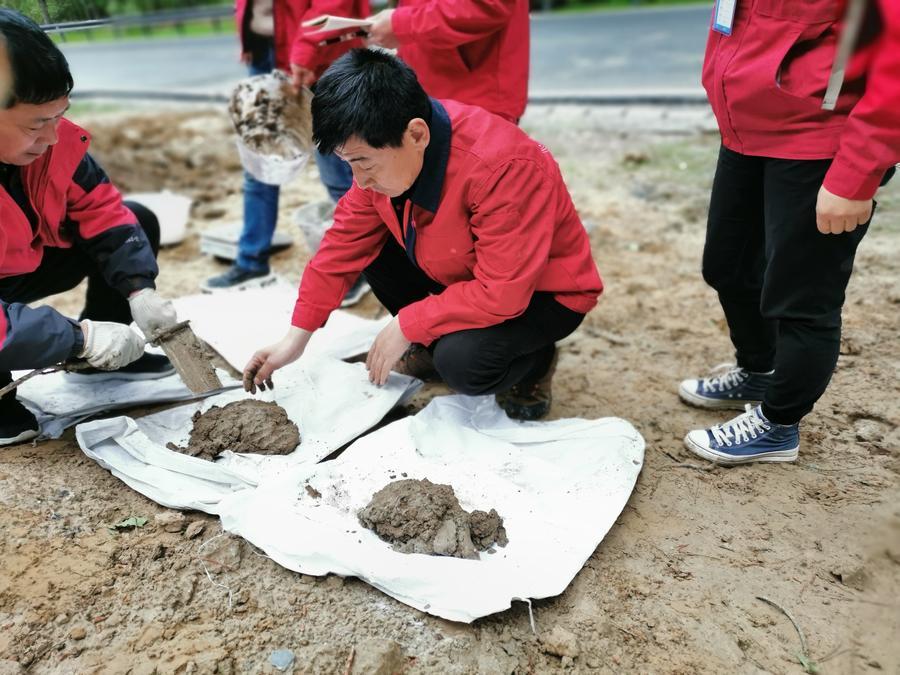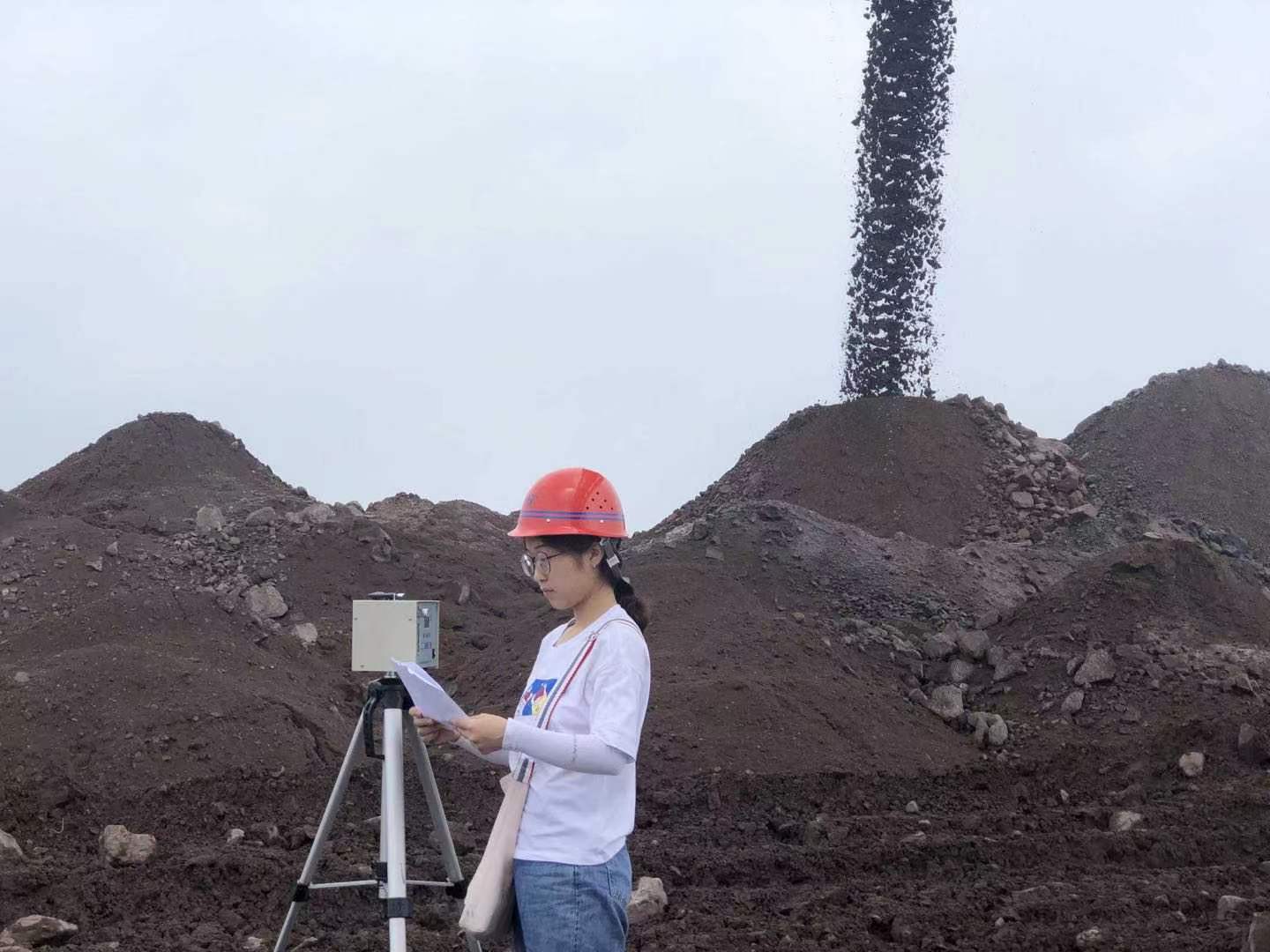Current location:International Iterations news portal > travel
New study interlinks super dust storm, aerosol radiative feedback
International Iterations news portal2024-04-30 07:25:15【travel】2People have gathered around
Introduction(Xinhua) 13:15, August 16, 2023LANZHOU, Aug. 16 (Xinhua) -- Chinese researchers have made significan
LANZHOU, Aug. 16 (Xinhua) -- Chinese researchers have made significant headway in the study of the feedback mechanism between dust aerosol and dust weather. This research is instrumental in aiding the prevention and control of dust storms, according to Lanzhou University.
The study provides strong support for a more comprehensive understanding of the dust weather feedback mechanism, improving dust forecasting and dust control capabilities, said Chen Siyu, leader of the study and professor with the College of Atmospheric Sciences of Lanzhou University.
Dust constitutes the primary component of atmospheric aerosols, accounting for 75 percent of the global aerosol mass loading and 25 percent of the global aerosol optical depth. Frequent dust storms in recent years have led to growing concern among the public and the scientific community regarding the issue of dust.
Researchers from the team carried out the study on a typical dust storm case in May 2019, with the weather-research-and forecasting model coupled with chemistry (WRF-Chem), as well as satellite remote sensing data and ground observation data.
The results showed that dust radiative feedback results in downward momentum transport and cools the northeast of Mongolia by affecting zonal winds and temperature advection. Furthermore, strong levels of dust have persisted and continue to cause high dust concentrations in northern China via westerlies.
This study explores how dust radiative feedback over the Gobi Desert can intensify the Mongolian cyclone and provides a scientific reference for related studies, said Chen.
The results of the study have been published in the journal npj Climate and Atmospheric Science.
Address of this article:http://www.videocameralive.com/news-81a399902.html
Very good!(459)
Related articles
- Rangers finish off sweep of the Capitals, move on to the 2nd round of the NHL playoffs
- Europe discards Arsenal and Liverpool shift focus to EPL title race
- Atlanta or Afghanistan? Wild shootout breaks out at gas station with one gunman wielding an AK
- Would you like a cicada salad? The monstrous little noisemakers descend on a New Orleans menu
- I know who killed Jill Dando, says her Crimewatch co
- Taylor Swift leaves QR codes with secret meanings in Sydney and Melbourne ahead of the much
- Israel's long
- 2 suspects detained in Poland for attack on a Navalny ally in Lithuania
- Chinese ballet to illuminate Dutch stadium
- FedEx pledges $25 million over 5 years in NIL program for University of Memphis athletes
Popular articles
- Chinese FM meets with chairman of MSC Foundation
- Google is combining its Android software and Pixel hardware divisions to more broadly integrate AI
- Ruud advances to Barcelona semis after beating Arnaldi in straight sets
- American Express profits jump 34%, helped by jump in new customers, higher spending
Recommended

Scarred UNESCO World Heritage site Jiuzhaigou recovers after quake
Nicola Peltz cements the end of 'feud' with 'beautiful' mother

Europe discards Arsenal and Liverpool shift focus to EPL title race
Amanda Holden reveals a huge secret about THAT nude appearance on her Heart FM breakfast show

China's archaeological site parks register strong revenue growth

Swiatek beats Raducanu in Stuttgart quarters. Sabalenka loses to Vondrousova

Erling Haaland is a doubt for Man City's FA Cup semifinal against Chelsea
Taylor Swift RELEASES The Tortured Poets Department! Grammy
Links
- ACWF Vows to Mobilize Women to Play Active Role in Winning Fight Against Poverty
- Torch relay of 4th Asian Para Games starts in Hangzhou
- ACWF President Stresses the Role of Women, Women's Federations in COVID
- ACWF Launches Online Lessons for Women Internet Users
- National Parent
- SCO Children's Online Art Exhibition Opens
- ACWF Launches Women Volunteers' Action
- National Survey on Chinese Women's Social Status Kicks Off
- ACWF Releases Posters to Publicize Anti
- Japan's Sapporo confirms abandoning bid for 2030 Winter Olympics